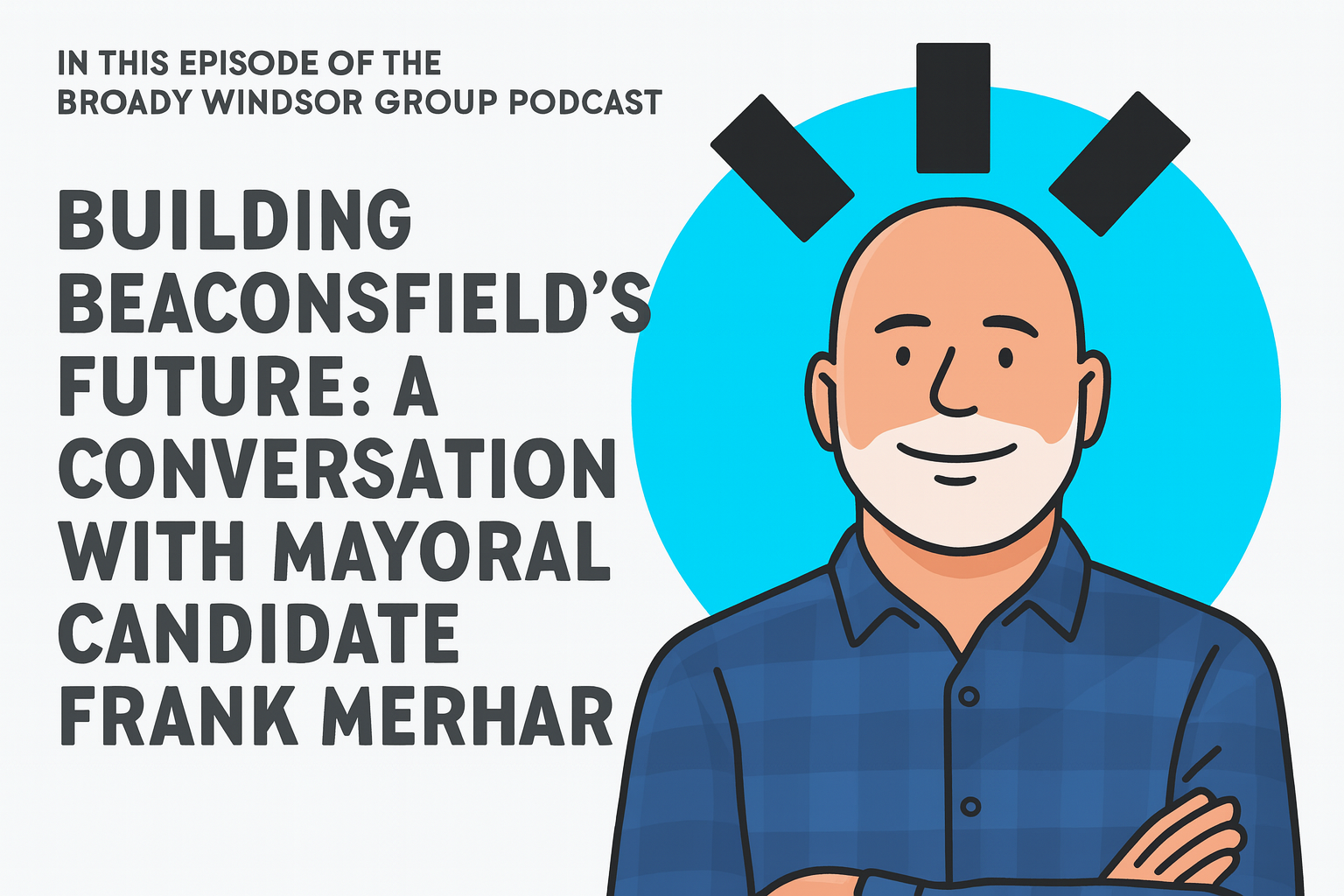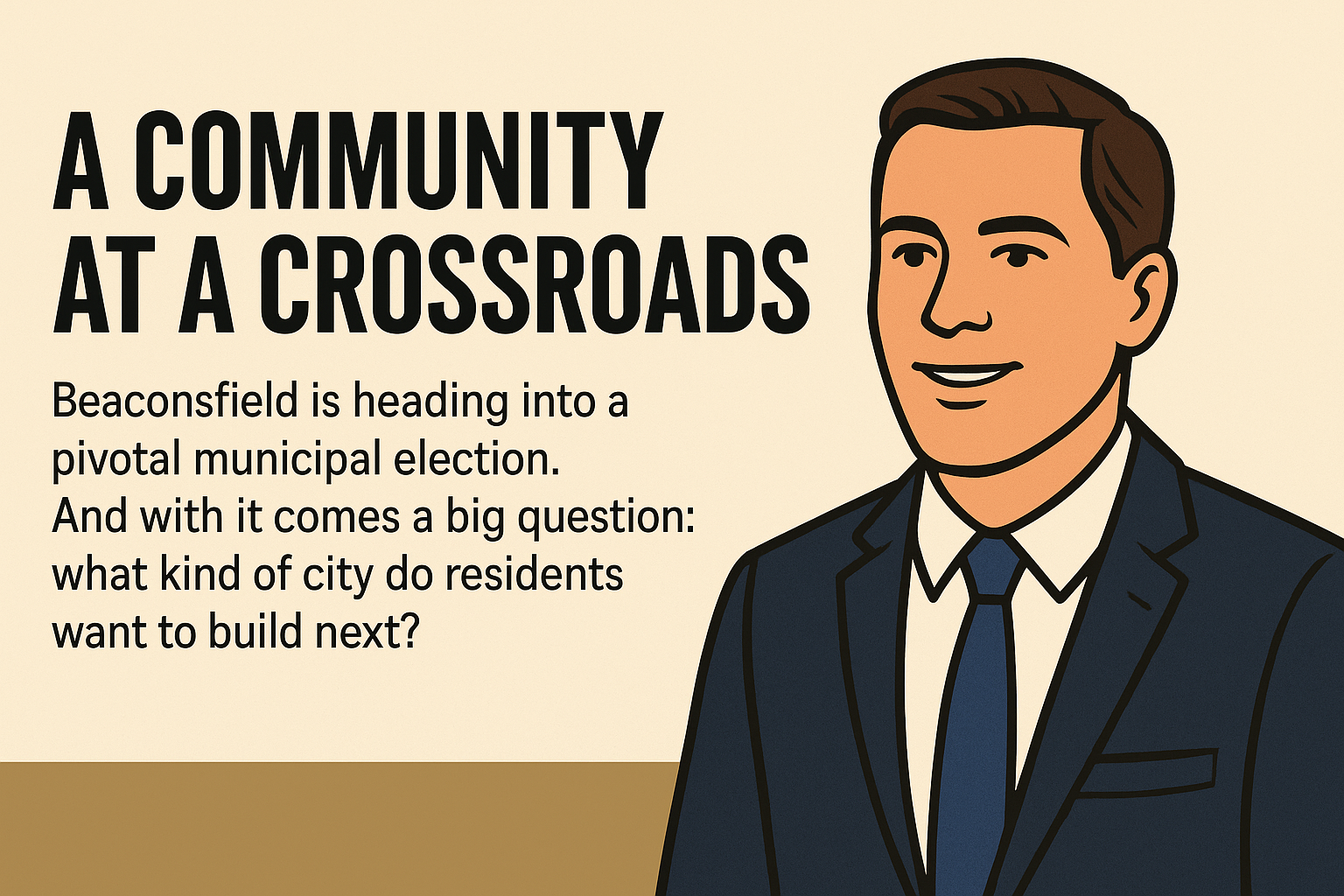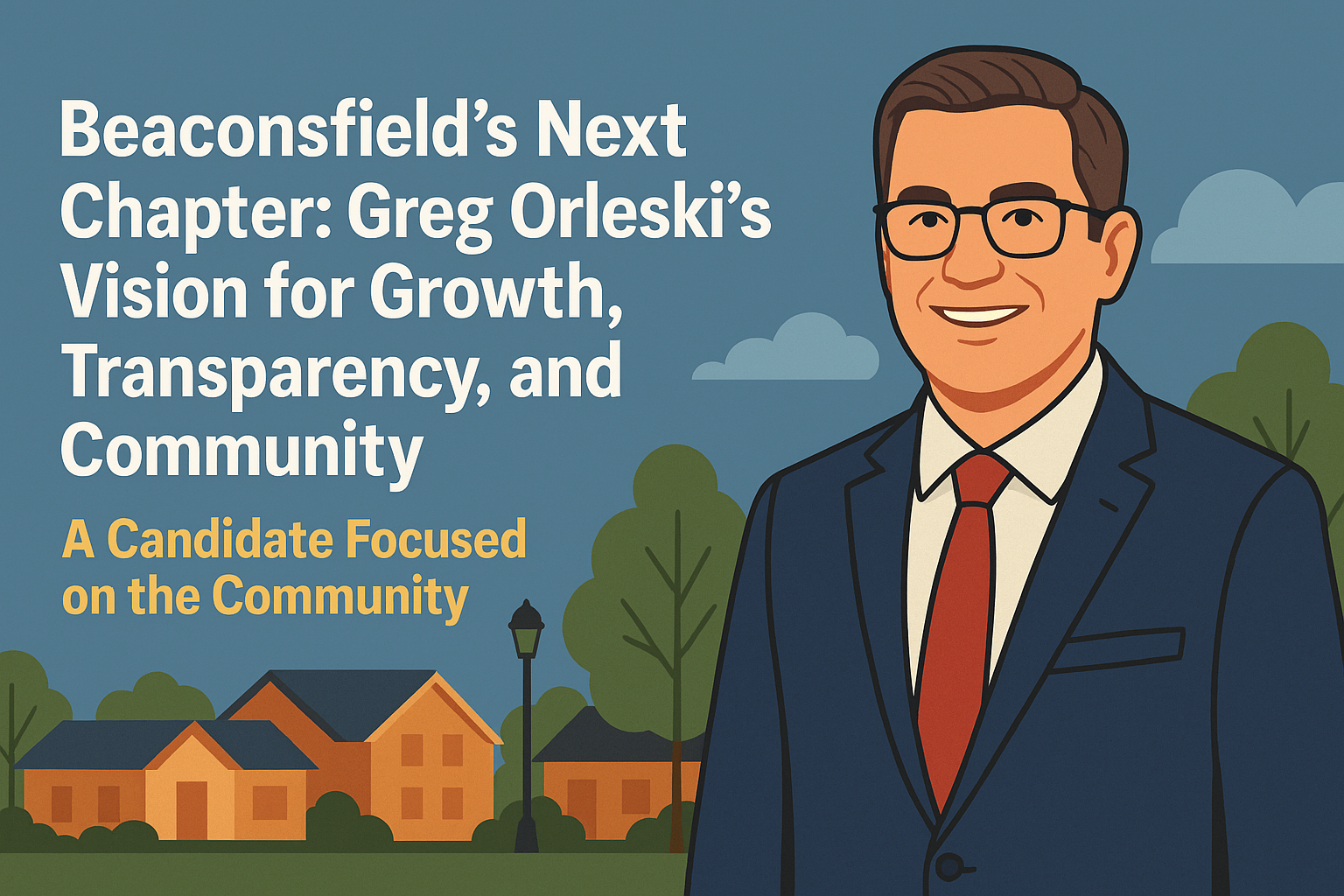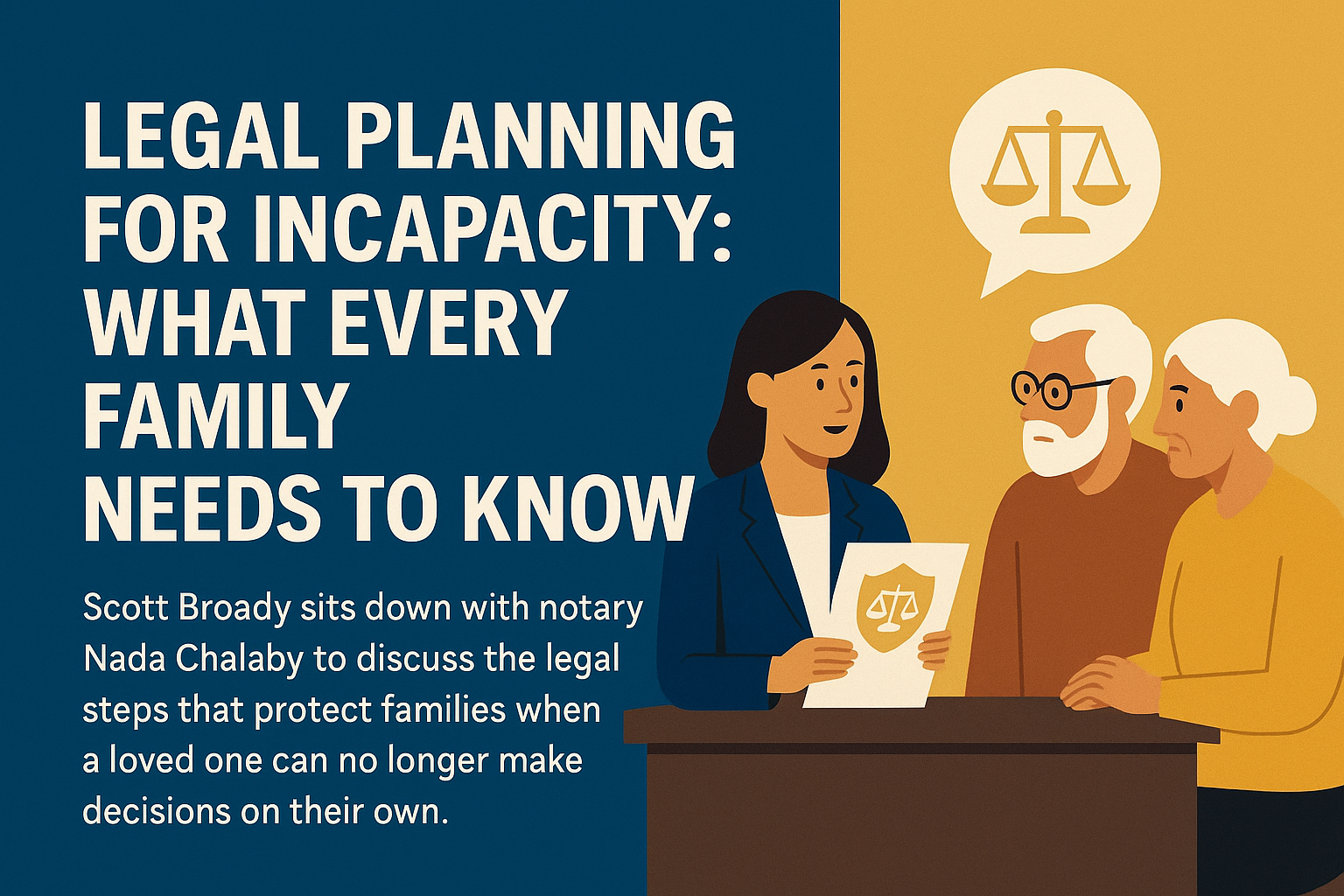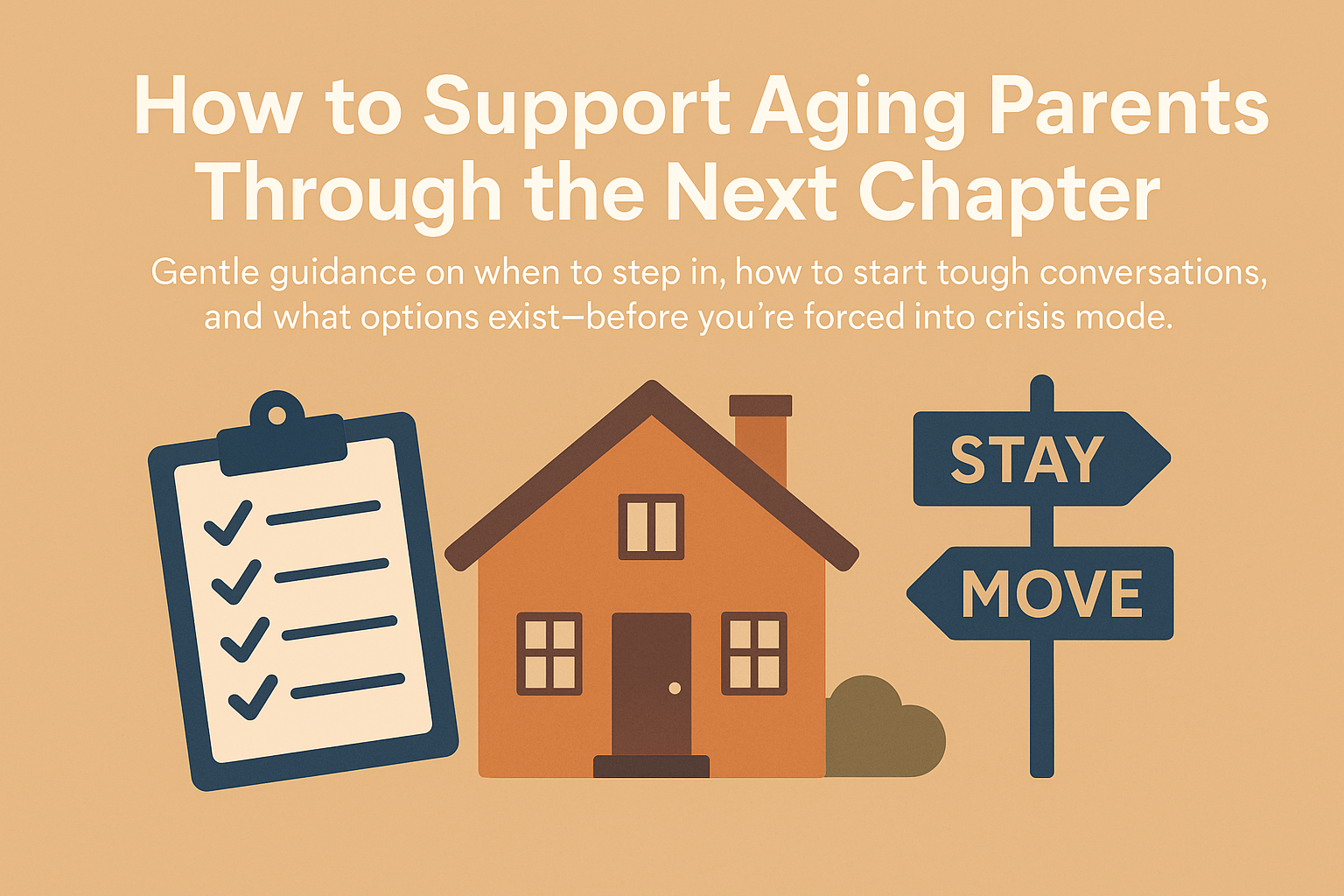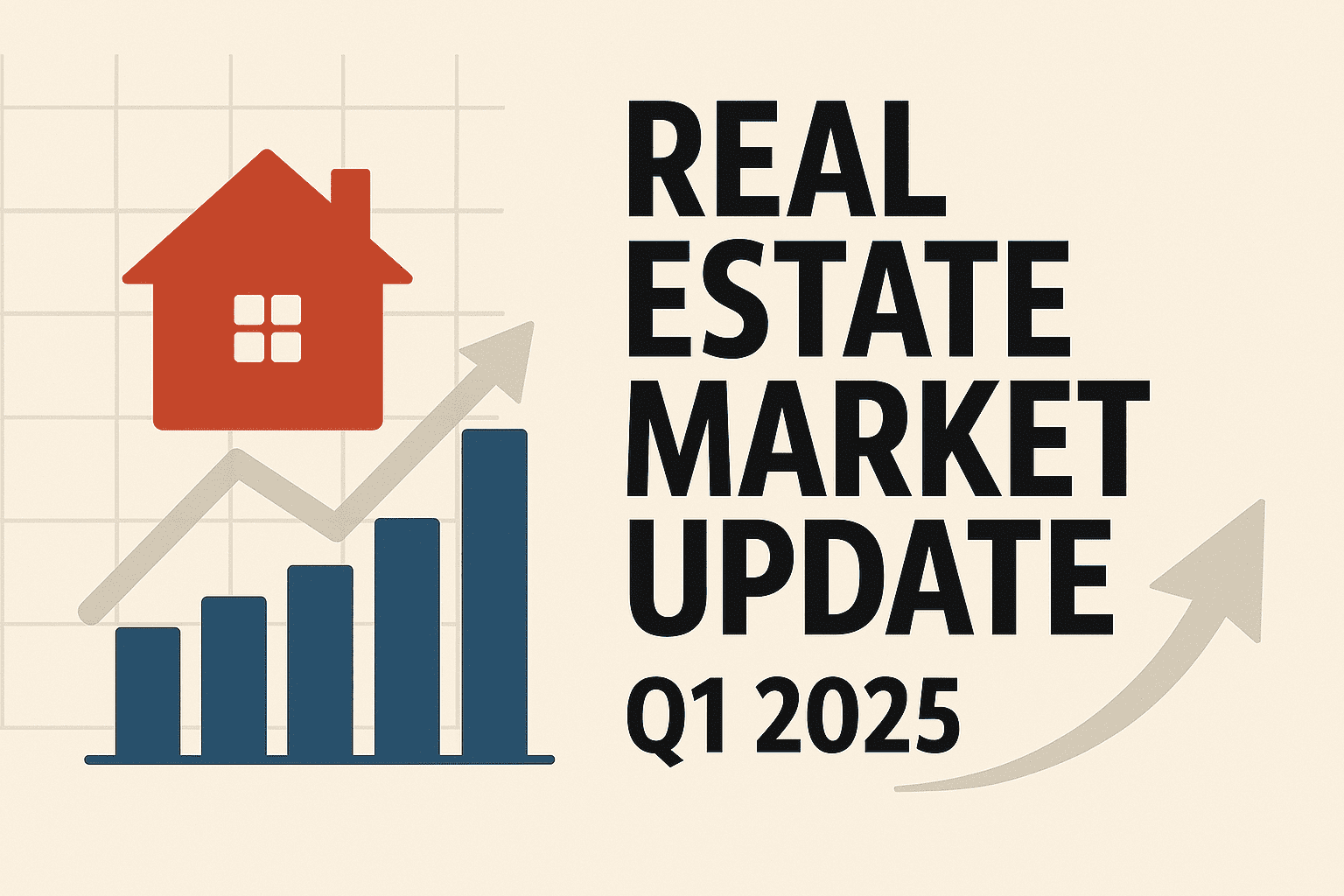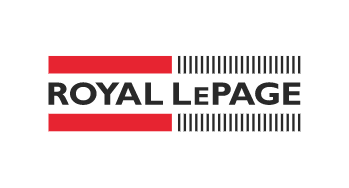Although travel restrictions are easing, this year is set to be another bumper year for home renovations, with many forgoing sun, sea and cocktails for a new kitchen or that dream bathroom reno. The reason for this shift isn’t just to improve market value. Given the way our work/life balance has changed due to the pandemic, our homes are more integral than ever to our lifestyle. This was highlighted in a recent Royal LePage survey of Canadian boomers (those born between 1946 and 1945). The survey of some 2,000 respondents discovered that while 45% believe it’s a good time to sell their homes, over half were planning on renovating, rather than making a move.
But before you embark on any renovations – be that upgrades in a new home or remodelling your existing property – you’ll have to find the right contractor. You need someone reliable and reputable, but how can you tell who’s good, and who might botch the job?
Here are our top tips for choosing the best contractor for your home renovation:
Do your research
The first step most people take is to ask family and friends for recommendations. This ensures you get someone tried and tested, and is a great place to start. But make sure they did a similar renovation, and that the work wasn’t undertaken too long ago.
Another alternative is to look for a sign – and we do mean, literally, a sign. Many contractors advertise that they’re working on a property by placing a sign in the front yard. This shows that they’ve already been vetted, and you can also approach the homeowner to ask first-hand how the renovation has gone.
A third option is to ask for referrals from professionals you’ve worked with, such as real estate brokers. Many will be connected to a tried and tested group of contractors, such as our very own Homeowners Advisory Club. This bespoke service provides ongoing support for homeowners, as well as a link to closely vetted local tradespeople.
Finally, you can turn to online search engines and social media. Just be aware that reviews can be manipulated, and many Facebook recommendations will actually come from friends and family members of the contractors.
Get multiple bids
Once you have a shortlist, get quotes from at least three contractors. Remember, this is about the quality of work, as well as the price. Plus, the contractor will be in and around your home, so you need to be comfortable with them. You need to like them and – above all – trust them. This is where the interview is key, and it’s our very next tip.
Interview the contractors
They’ve made the shortlist, but these questions will help separate the wheat from the chaff…
Are you RBQ licensed?
In Quebec, every contractor involved in construction needs to hold an RBQ license. This is the industry standard that ensures the work will be undertaken to building code and in accordance with legal and safety regulations. Registered contractors will usually put their RBQ number on the quote, but if not, don’t be afraid to ask to see a copy of their license, to verify their credentials.
Can I see a copy of your contractor liability insurance?
Build projects rarely go 100% according to plan. But imagine if there’s damage to your property or someone gets hurt? To ensure you’re covered for all eventualities, ask to see a copy of their liability insurance certificate.
How long have you been operating?
It’s a sad fact that some businesses declare bankruptcy, then open up under a different name the following day. So ask the question. If they’ve been operating for 10 years but the business has only been running for a year, then that’s a potential red flag. For peace of mind, you can do further research at le Registraire des entreprises.
How long will the work take?
It’s vital to understand the timeline for a build project, especially if you won’t be on site every day. Keep in mind though that unexpected issues can crop up, and any changes to the specifications will also impact timelines.
What is the payment schedule?
As well as the total costs, you should also be given a detailed payment schedule, which breaks down each stage of the project. You ideally want a fixed-price contract. This sets out the total costs, including all materials, and helps to avoid nasty surprises while the project is underway. Also, check on the down payment. This non-refundable deposit is usually 10-15% of the total value of the project. If you’re asked for more, make sure you understand why.
Can I talk to some of your past clients?
Even if a builder has been personally recommended, you should ask for references. If they’re good at their job, they’ll be proud of the work and be only too happy to provide this information. If not, then you may want to think twice about using the contractor.
Can I see examples of your work?
You want to make sure the contractor for your kitchen renovation doesn’t just specialise in deck building, so ask to see similar projects they’ve worked on. Also, ask to see a current project. There’s no better way to see how they actually operate, in particular how organised, clean and tidy the site is.
Warranties
Warranties can vary greatly from one contractor to another, so it’s vital to understand how all the warranties will work. What’s covered – in terms of the work undertaken as well as the products – and for how long.
When can you start?
This may sound obvious, but schedules can easily get delayed, so make sure to check when they can start the project, as well as the completion date. Bear in mind that good contractors get booked up well in advance, so unless the project is urgent you should be prepared to wait a while.
Will there be a written contract?
You should always get a written contract, so if the answer is no, then cross the contractor off of your list. A written contract sets out the agreement for the work undertaken, and without it you have no proof that you’ve agreed on the same thing. The more specific the contract the better, and it should definitely include the following:
•The contractor’s contact information
•A thorough description of the project and the materials to be used
•Total costs and the terms of payment
•A work schedule, with start and completion dates
•A payment schedule, specifying the deposit required
•Details of warranties
Who will be my point of contact?
Make sure you know who your main point of contact will be, as it’s not always the person you sign the contract with.
Who will pay the subcontractors?
Did you know that if subcontractors aren’t paid, they can put a lien on your home 90 days after the completion date? The contractor needs to be really clear with you on this, and if they’re paying for these services, be prepared to put it in writing. If not, it’s another red flag. You will be notified of third-party involvement via disclosure notices, and can further protect yourself by always writing the contractor AND supplier’s name on a cheque, but you really want to avoid any misunderstanding on this issue.
Check the final contract
Finally, you must study the written contract. Make sure all verbal agreements are captured in writing. With complex renovations, there’s so much to think about that it’s easy to miss something. So ask a friend to review the contract before signing on the bottom line.
We hope this article helps you find the right contractor for your renovation project. It may sound time consuming but by doing your due diligence, you’ll not only save yourself a lot of heartache and stress along the way, but you’ll also protect your financial interests. If you need more help and advice, then get in touch. Here at the Broady Windsor Group, we are well connected with group of service providers based in and around Montreal’s West Island, so we can definitely steer you in the right direction. To contact us, dial 514-612-8041 or you can email us at info@broadywindsor.com.


